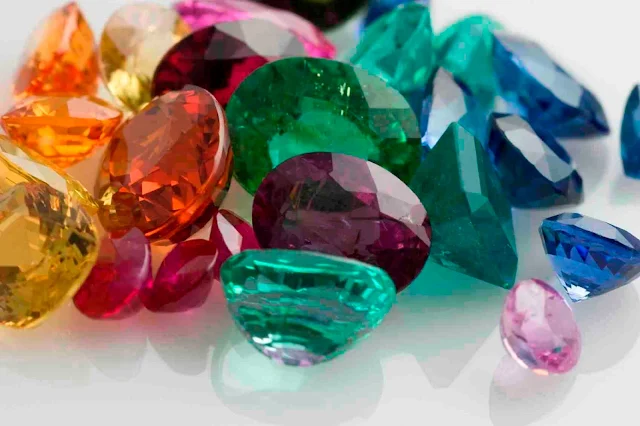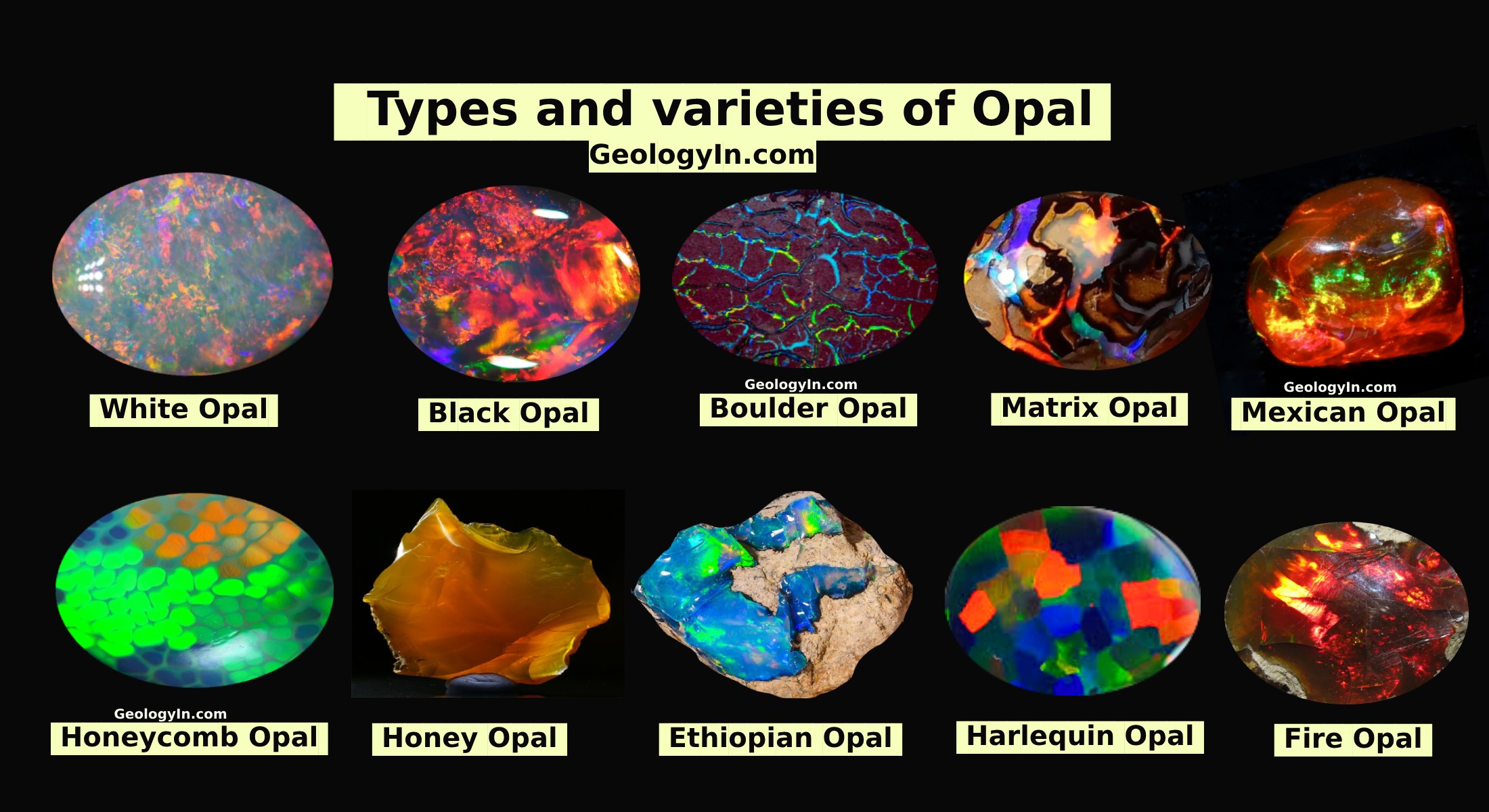Gemstone Guide: Classification of Gemstones
 |
| Gemstone Guide: Classification of Gemstones |
A gemstone is a mineral or rock, which can be used in jewelry after cutting or faceting and polishing. Gemstones are an important commodity in today's marketplace. They have been sought after for thousands of years for their beauty, metaphysical properties, and commercial uses. In earlier times there were no such things as synthetic gemstones but today they are quite common.
Gemstones are diverse in their beauty and many gems are available in a stunning variety of colors. Most gemstones have little beauty in the rough state. They may look like ordinary rocks or pebbles. After a skilled cutting and polishing of a gem, full color and luster can be seen.
On the basis of its formation, gemstones are classified into five categories:
Natural Gemstones
These have been formed in natural environment with no interference by human. They form in a variety of ways in many different environments from many different chemical compounds. By the time they appear in our jewelry they've been cut or polished, but they've not been treated or altered in other ways.
Genuine Gemstones
Genuine Gemstones are nothing but natural gemstones which are treated in some way to enhance its appearance. A large percentage of natural gemstones are treated to enhance their appearance for jewelry manufacturing.
Synthetic Gemstones
A synthetic gemstone shares a natural stone's physical, chemical and optical qualities, but it is created in a laboratory. Now-a-days, synthetic versions of nearly all popular gemstones are available. Some modern synthetic gemstones look more natural and are more difficult to identify, but an experienced jeweler or gemologist can usually detect them. Jewelry that includes quality synthetic gems can be just as beautiful as jewelry made with natural stones.
Imitation or Simulated Gemstones
Imitation gemstones can be anything that resembles a natural gemstone but does not have the same physical characteristics or chemical composition. These items are usually much less expensive than the natural forms. Imitation stones are often made of glass or plastic and most can be detected easily by a jeweler.
Treated Gemstones
A number of techniques are used to improve the color and appearance of natural and synthetic gemstones. Gemstone's beauty is enhanced, to increase the desirability and demand of the gemstone. Probably the oldest method is that of heat treatment for gemstones to improve or change the color. As a result of recent advances in technology, there are now many different techniques, which use modern equipment such as lasers, and computer controlled heating and irradiating procedures. Lasers are used to drill holes into stones to reach inclusions. These are then evaporated or removed using chemicals before the crack is filled. Some treatments are permanent such as drilling while others maybe temporary. For example stains and fillings may leak, some heated, and irradiated stones may fade or revert to their original color.
Gems manage to endure through time because of their certain characteristics. Following characteristics are desirable in a gemstone:
Beauty & Appearance
A gemstone is prized especially for great beauty or perfection so appearance is almost always the most important attribute of gemstones. A gemstone's beauty will depend on its Color, Size, Shape and Sparkle. Color is the most important gem characteristic whereas Size and Shape also have a huge role in enhancing the beauty of gemstone. Gemstone's Sparkle enhances its beauty in a great manner. In a way, all stones reflect light from their surface and ideally all the light entering the stone from any angle would escape via the top (front) of the stone.
Durability & Hardness
Durability and Hardness are other aspects which are considered as important characteristics of a gemstone. Regardless of how beautiful a stone may appear, for it to be suitable as a gemstone, it will need to be reasonably durable and hard. There are numerous different ways of considering hardness, but the main one for gems is their resistance to abrasion.
Rarity
Rarity is also desirable for a gemstone. The rarity of a stone imparts a sense of exclusiveness and worth that increases our desire to possess it. Rarity determines the prices placed on gems and famous jewelry the world over. Gems may be rare for a variety of reasons. Many gems are varieties of common stones, but their exceptional color or clarity determines them to be rare gemstones.
Other Characteristics
Fashion, Superstition and Social Customs also play a part in determining importance of a gemstone. Today, gem stone jewelries are also worn as a fashion trend. Where as many people also wear gemstones as Superstition and Social Customs. Since ancient times, colored stones have been believed to possess innate magical powers.
The above post is reprinted from Materials provided by Swiss Gemological Laboratory.


%20(1).webp)





